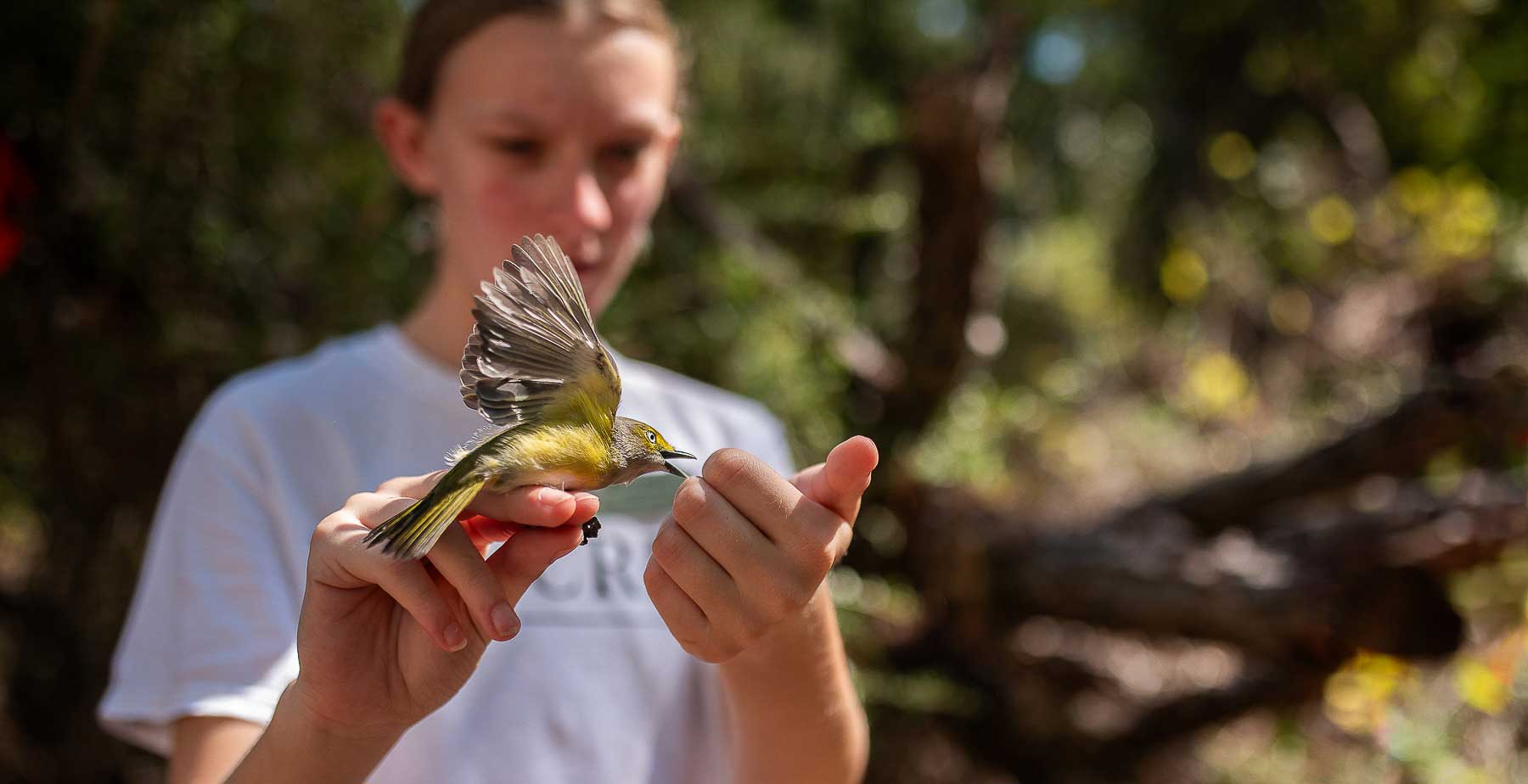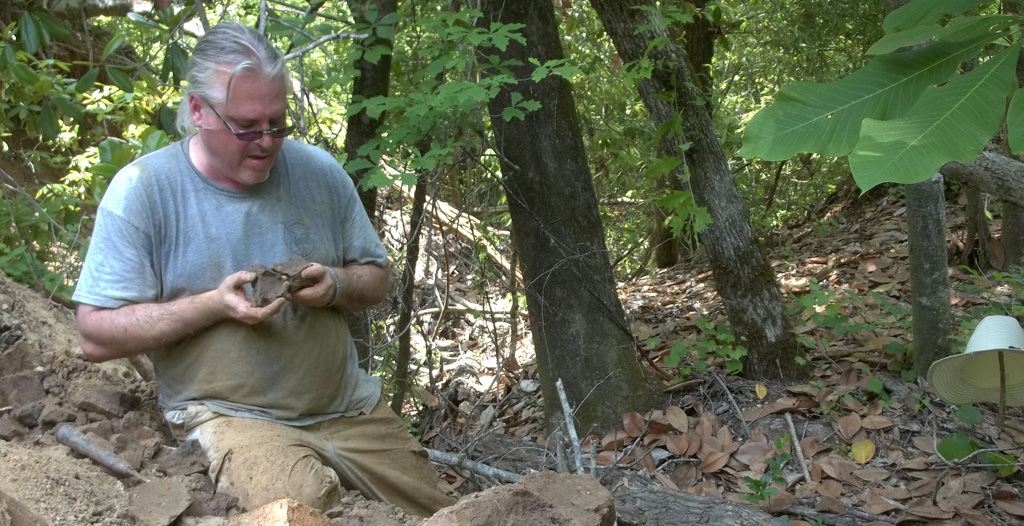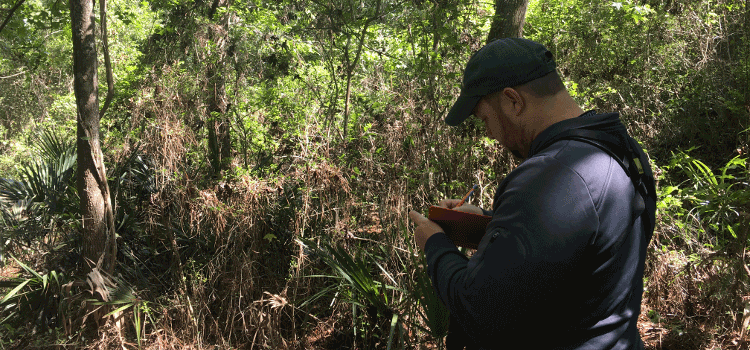Skyler Kerr publishes a paper JAMCA
Posted on August 1, 2020 by Jeremiah Henning

Masters' student Skyler Kerr (McCreadie lab) and colleagues from the University of
Georgia published a paper in the Journal of the American Mosquito Control Association
(JAMCA) that explores how water quality impacts mortality in black fly larvae. Kerr
and colleagues tested different water types (distilled, deionized, moderately hard,
and deionized with suspended nutrients) to see if they would impact mortality rates.
They found that although the water medium had little to no impact, the presence/absence of
suspended food particles did. They hypothesized that the later instar larvae could
better ingest BTI particles (the active biological control agent in the test) if they
were bound to the larger food particles, hence why there was only statistical significance in
that category.
The Controlled Current Toxicity Test (CCTT) is a protocol used by the University of
Georgia Black Fly Rearing and Bioassay Laboratory to evaluate the efficacy of larvicides
based on Bacillus thuringiensis subsp. israelensis (Bti) against Simulium vittatum larvae. A standard CCTT provides a larval medium with suspended organic nutrients,
a sustained current, and a clean surface for black fly larval attachment in each exposure
vessel. In an effort to streamline the CCTT and eliminate a potential source of variability,
3 types of larval medium were evaluated: deionized water, distilled water, and moderately
hard water, which were compared to the currently used protocol. A statistical significance
in mean lethal concentration (LC50) rates was observed between the CCTT (deionized
water with suspended organic nutrients) medium and the other 3 experimental media.
The presence of suspended organic nutrients in the CCTT significantly improved the
efficacy of the Bti-based larvicide. The interaction of the suspended organic nutrient
particles and the Bti-based particles in the larvicide appears to produce a mixture
that is more efficiently captured and ingested by the black fly larvae than the larvicide
formulation particles alone.
link to the paper.
-

Fierce Featherweights
Imagine being able to increase your muscle mass by 40% within a few we...
December 26, 2024 -

Passionflower Species Named in Honor of Late Biology Professor
University of South Alabama biology professor Dr. Brian Axsmith discov...
July 2, 2024 -

Public Outreach on the Upper Tensaw River
Joel Borden led a natural history tour of the Upper Tensaw River Nov 6...
November 23, 2021 -

Upcoming bird outreach events featuring Joel Borden
Upcoming bird outreach events featuring Biology faculty member Joel Bo...
October 1, 2021


